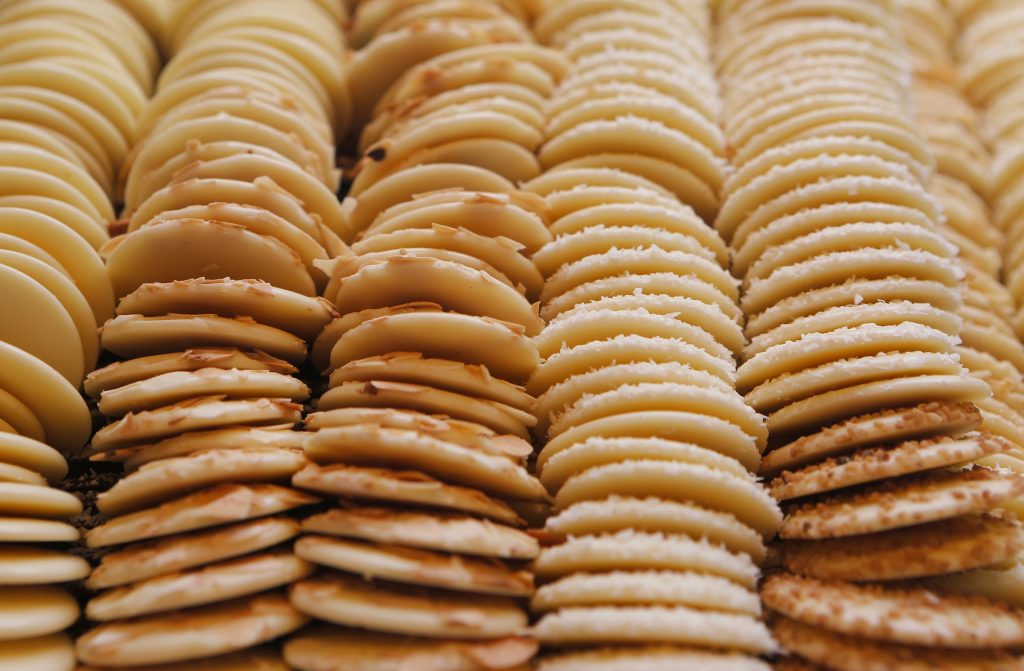In the quest for healthier eating and weight management, diet biscuits have emerged as a popular choice for those who want to satisfy their sweet tooth while watching their waistlines. These biscuits promise a guilt-free indulgence, but do they live up to the hype? In this blog post, we’ll take a closer look at diet biscuits, examining what they are, their ingredients, and whether they can genuinely support your dietary goals.
Understanding Diet Biscuits
Diet biscuits, also known as weight loss biscuits or low-calorie snacks, are designed with the intention of being a better alternative to traditional biscuits in terms of calorie and nutritional content. While they vary in ingredients and formulations, diet biscuits typically share a few common characteristics:
- Low Calories: The primary aim of diet biscuits is to reduce the calorie count per serving, making them an attractive option for those trying to lose or maintain weight.
- Reduced Sugar: Many diet biscuits use sugar substitutes, such as stevia, erythritol, or xylitol, to provide sweetness without the added sugar.
- Higher Fibre: To increase the feeling of fullness and promote better digestion, diet biscuits often contain higher levels of dietary fibre.
- Protein Enriched: Some diet biscuits incorporate additional protein sources like whey protein to help with satiety and muscle maintenance.
Ingredients to Look For
While there are numerous diet biscuits on the market, not all are created equal. When choosing diet biscuits, look for the following ingredients that can make them a healthier choice:
- Whole Grains: Biscuits made from whole grains like oats, whole wheat, or quinoa are rich in fibre and nutrients, making them a smarter choice.
- Natural Sweeteners: Biscuits sweetened with natural sugar substitutes like stevia or monk fruit extract can offer sweetness without added sugars or artificial sweeteners.
- Nuts and Seeds: Biscuits containing nuts and seeds, such as almonds, chia seeds, or flaxseeds, provide healthy fats, fibre, and added protein.
- Low Sodium: Watch out for the sodium content. Lower sodium biscuits are better for heart health.
Do Diet Biscuits Really Help with Weight Management?
Diet biscuits can be a helpful part of a weight management plan, but they are not a magical solution. They can:
- Satisfy Cravings: When you’re trying to stick to a diet, having a low-calorie, portion-controlled biscuit can be a satisfying treat that prevents feelings of deprivation.
- Control Portion Sizes: Diet biscuits often come in pre-portioned packages, making it easier to manage your calorie intake.
- Reduce Sugar Intake: By using sugar substitutes or lower quantities of sugar, diet biscuits can help reduce your overall sugar consumption.
However, it’s crucial to remember that a balanced diet, regular exercise, and overall lifestyle play more significant roles in weight management. Relying solely on diet biscuits without making broader dietary and lifestyle changes is unlikely to yield lasting results.
Diet biscuits can be a valuable addition to a weight management plan, offering a way to satisfy your sweet cravings without derailing your efforts. However, they should be part of a more comprehensive approach to a healthy lifestyle. It’s essential to read labels, select biscuits with healthier ingredients, and use them mindfully as part of a well-rounded diet. Ultimately, maintaining a sustainable, balanced eating plan and active lifestyle are key to achieving and maintaining a healthy weight

